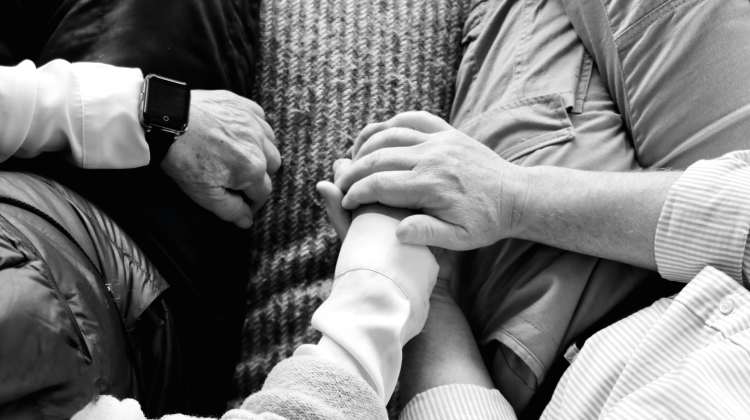Tips for those who care for a loved one with dementia
Caring for a loved one with dementia can be very challenging
Caring for a loved one with dementia is a challenging and emotional journey that requires both patience and understanding. Here are some important points to consider to facilitate care and create a safe environment for both the affected person and yourself:
- Educate yourself about dementia: Understanding is key. Learn as much as possible about dementia, its symptoms and course. The more you know, the better equipped you are to handle the situation empathetically and effectively.
- Create routines and structure: People with dementia often do best in a predictable environment. Try to establish clear routines for eating, sleeping and activities to minimize confusion and anxiety.
- Be patient and communicate clearly: Take the time to listen and understand your loved one’s needs and feelings. Use a calm and clear voice when communicating, and be prepared to repeat information when necessary.
- Provide support but maintain independence: Facilitate everyday tasks by offering help and guidance, but allow the person to be as independent as possible. It can be about making easier choices or continuing with activities they love with a little adjustment.
- Look after your own well-being: Caring for a person with dementia can be physically and emotionally challenging. Don’t forget to take care of yourself by seeking support from others, taking breaks when needed, and engaging in your own interests and activities.
- Safety is important: Dementia can affect memory and judgement, which can lead to risky situations. Make sure the home is safe by removing dangerous items and installing safety measures where necessary, such as handles and locks.
- Be prepared for changes: Dementia is progressive and symptoms can change over time. Be flexible and adapt the care to the needs and abilities of the sufferer.
Caring for a loved one with dementia is a challenge that requires a lot of love, patience and understanding. By creating a safe and supportive environment as well as being present and empathetic, you can make a big difference in the sufferer’s quality of life. Remember that you are not alone – there is support and resources available to you as a caregiver. Accept help when offered and remember to take care of yourself too.
READ ABOUT HOW SENSOREM’S PERSONAL ALARM CAN HELP PERSONS SUFFERING FROM DEMENTIA

